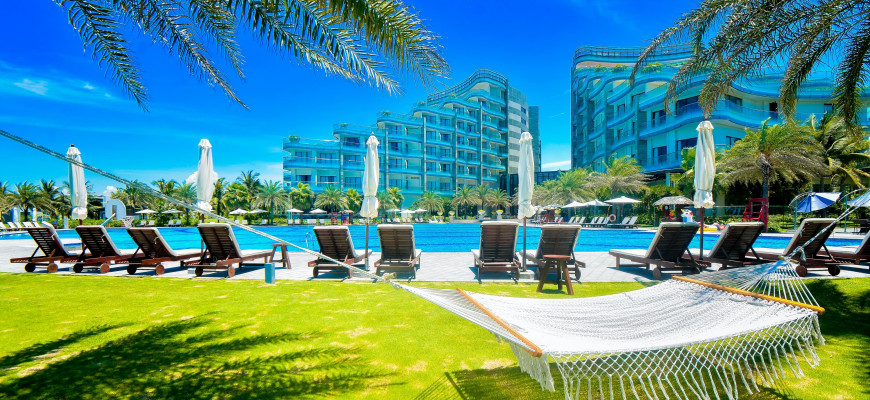
version


What has happened? Foreign investors are taking advantage of the low prices of hospitality properties in Vietnam to acquire hotels and resorts.
Examples. In April, American hotel giant Marriott International signed an agreement to manage seven hotels and resorts with Vietnamese firm Vinpearl. The facilities include three existing hotels in the three central cities of Nha Trang, Hoi An and Da Nang, as well as four properties with more than 1,200 rooms, scheduled for completion by 2028.
In February, Singapore-based hospitality investment platform Lodgis Hospitality Holdings teamed up with South Korean Hanwha Group to invest in hospitality projects in several Asian countries, including Vietnam. Lodgis Hospitality Holdings hopes to manage 10,000 rooms by 2025, up from the current 1,950 under the Maia Resort, Ixora and Hiive brands in Vietnam and Cambodia. It currently owns 11 hotels and resorts.
The reasons. According to experts, the stronger presence of foreign firms in the hospitality industry in Vietnam is due not only to the current good prices for hotels and resorts, but also the potential for tourism recovery and development in the long term.
Foreign hotels earn higher revenues than their local competitors. The Savills report says that in the second half of last year, Pullman, Novotel and Grand Mercure-operated hotels had 40% higher average room rates and 8% higher occupancy compared to hotels run by owners or Vietnamese brands.
Long-term prospects for tourism recovery and growth are considered bright. Last year, the number of domestic tourists exceeded the pre-pandemic level and amounted to more than 101 million people. This year, the tourism industry expects 102 million people, as well as eight million foreign visitors.
Despite global economic uncertainty, foreign tourists are still planning to visit Vietnam, according to Hong Kong travel booking platform Klook. Nguyen Huy Hoang, Klook’s managing director for Vietnam, expected 2023 to be a boom year for international travel.
Source: VN Express





